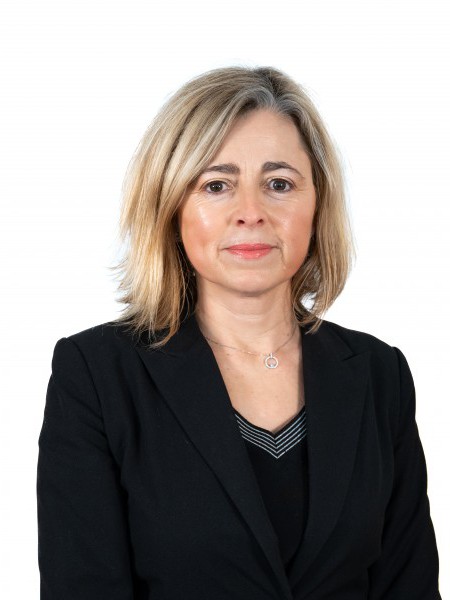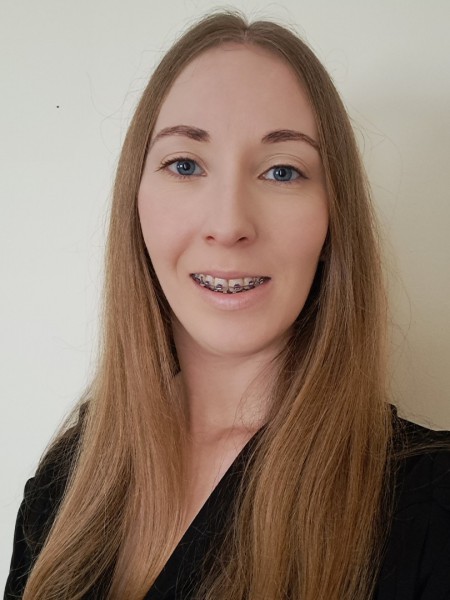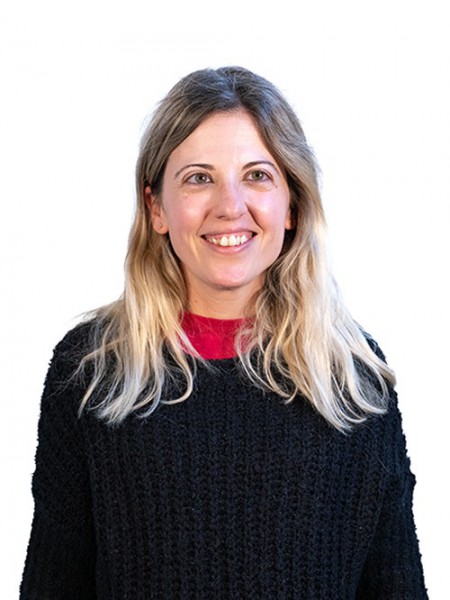abstract
The selective chemical conversion of biomass components to useful bioproducts may contribute to a renewable resource-based economy. The selective production of target bioproducts may be accomplished using heterogeneous catalysts operating under relatively moderate reaction conditions. In this work, carbohydrate biomass derived alpha-angelica lactone (AnL) and levulinic acid (LA) were converted to the versatile bioproduct gamma-valerolactone (GVL), in the presence of nanohybrid catalysts (M-FDCA) and the microcrystalline metal-organic framework CAU-28, all of which were synthesized from bio-based 2,5-furandicarboxylic acid (FDCA) and a metal (M = Zr or Hf) precursor. The nanohybrids were prepared in a simple fast (FT) fashion, and, for comparison, via a conventional solvothermal (S) procedure. The M-FDCA catalysts stood on a higher footing than CAU-28 in the conversion of AnL and LA to GVL. The superior results for the M-FDCA catalysts may be partly due to their higher ratio Sext:SBET and nano-features, which may advantageously enhance active sites accessibility. In particular, the Hf-FDCA catalysts were stable and performed superiorly to the Zr-FDCA ones. Experimental mechanistic studies shed light on the multifunctional behavior of the hybrid catalysts in the one-pot conversion of AnL-to-GVL, which involved acid and reduction chemistry.
keywords
METAL-ORGANIC FRAMEWORKS; BIOMASS-DERIVED FEEDSTOCKS; HIGHLY EFFICIENT CATALYST; GAMMA-VALEROLACTONE; TRANSFER-HYDROGENATION; ETHYL LEVULINATE; HETEROGENEOUS CATALYSTS; PLATFORM CHEMICALS; SCALABLE SYNTHESIS; GREEN SYNTHESIS
subject category
Chemistry; Engineering
authors
Antunes, MM; Silva, AF; Fernandes, A; Valente, AA
our authors
Projects
CICECO - Aveiro Institute of Materials (UIDB/50011/2020)
CICECO - Aveiro Institute of Materials (UIDP/50011/2020)
Conversao catalitica de olefinas derivadas da biomassa (BiOle_AcidOxCat)
Collaboratory for Emerging Technologies, CoLab (EMERGING TECHNOLOGIES)
acknowledgements
This work was developed within the scope of the project CICECO-Aveiro Institute of Materials, UIDB/50011/2020 & UIDP/50011/2020, financed by National Funds through the Portuguese Foundation for Science and Technology/MCTES. The positions held by M.M.A. and A.F. were funded by National Funds (OE) , through FCT, I.P., in the scope of the framework contract foreseen in the numbers 4, 5 and 6 of article 23 of the Decree-Law 57/2016 of 29 August, changed by Law 57/2017 of 19 July. The position held by A.F.S. was funded by Project POCI-01-0145-FEDER-030075 (COMPETE 2020 Operational Thematic Program for Competitiveness and Internationalization) co-financed by National Funds through the FCT/MCTES and the European Union through the European Regional Development Fund under the Portugal 2020 Part-nership Agreement.




